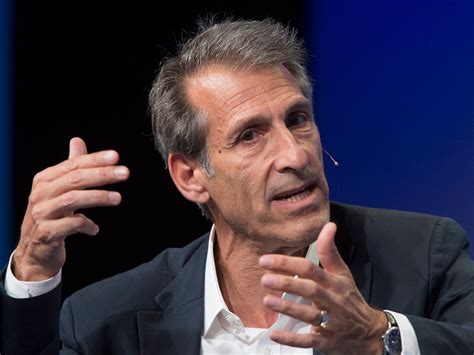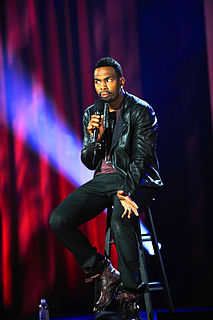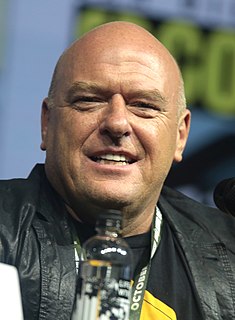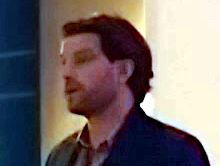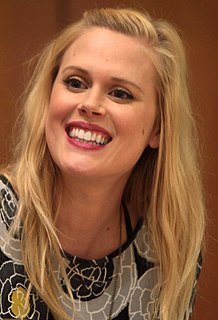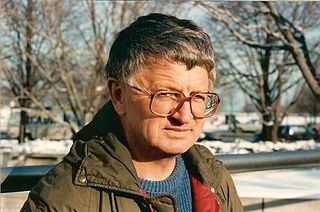A Quote by Michael Lynton
I think DVD has been a real gold mine for a lot of reasons. You were selling a packaged good in a big mass market, so you could make it huge. You were selling or renting a thing that people didn't consume. You go to Blockbuster, rent five movies, and only watch two. That's a good business to be in.
Related Quotes
The most difficult thing has definitely been movies. From a comedian's standpoint, you think being real big is the best thing, but with movies, the screen is huge, you're big anyway! Also, coming from a TV personality - MTV was all about high energy and selling the hottest video - I had to learn to [take it down]. A lot of characters I'm playing are not necessarily that kind of guy.
Tech stocks were the cubic zirconium of the market. They looked good and were sexy, but they just were a way for the company selling them to make money. That's always going to be transient in terms of the stock market. What's real is that companies have to compete. Technology used well is a great tool to enable that if only because most companies dont use technologies well.
When we started out, we were among the first. Beijing had no and Shanghai had very few large buildings. At that time, it was all about building, building, building - and then selling, selling, selling. We were working like a manufacturer. Soon, however, we realized that land was running out in Beijing and Shanghai. So we started keeping our buildings, and managing and renting them out. We became landowners. That was the second act.
I talked to people that I'd done theater with, older actors and stuff. There's a lot of people who go into the business, and they must think they're good, or they wouldn't be in it. Why do you think that you're good enough to go into the business and make money at it? So I really wanted to ask myself that question a lot. Because it was an important kind of thing that I was going to do. I really wanted to do it, I loved it, and I thought that I was good enough that I could make money at it. And that's really what it came down to.
You don't watch home movie for the technique, you watch because it's reminiscing on good moments you spent with your friends. It reflects you. It belongs to you. So I was thinking people could, instead of spending their money to go and see a blockbuster, make their own movies. Collect the money and make a new one every week. I thought it would be nice to create a world that makes this construct possible.
When you are making a lot of money people forget you are trying to be creative and they picture you laughing all the way to the bank ... especially with an action script, automatically it gets boo-hooed as being worthless. It was very difficult to hear that sort of thing and I lost a good many friends over money issues because they didn't have money or their scripts weren't selling and mine were.
There's only one thing that all of the central banks control and that is the base, their own liability, and they can control that in various ways. They can control it directly by open market operations, buying and selling government securities or other assets, for example, buying and selling gold, or they can control it indirectly by altering the rate at which banks lend to one another.
I would go to newsstands and buy paperbacks they were selling for tourists, usually bestsellers and mass market paperbacks. In the beginning, it was like going to the Rosetta Stone--I didn?t understand anything, I'd get a headache--but I began to figure it out, and I'd read a lot of Stephen King paperbacks. I've always said he was my English professor.
My parents were both born in 1930. They grew up during the Depression. They wanted their children to have secure lives, to have a good salary and a pension plan. If I could've guaranteed that I'd be a best-selling writer, that would've been one thing, but nobody could say that. So I knew better than to say that was ambition.
What I loved about bike racing was that it was not a mainstream sport. My heroes were self-made. There were no coaches, no training centers, and only a handful of sponsors. Training rides were not totally devoted to bike talk. I got to know a lot of riders this way, not just as good sprinters or good climbers, but as people who had ideas different from mine, jobs different from mine, and dreams different from mine.
